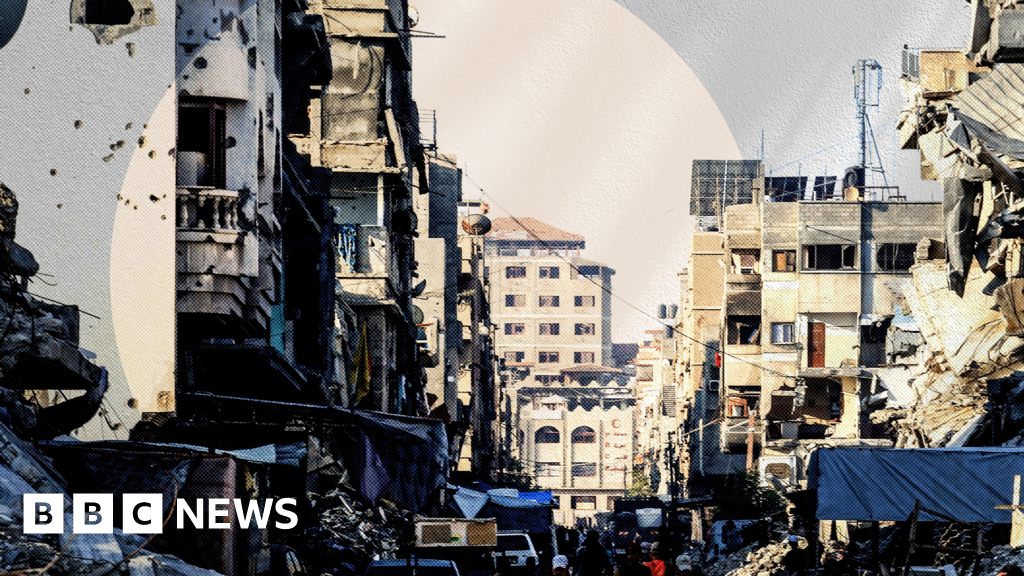- cross-posted to:
- worldnews@lemmy.ml
- cross-posted to:
- worldnews@lemmy.ml
Analysis from the BBC (who are usually quite motivated and effective at justifying Israel actions).
The sheer devastation is incredible. 66% of buildings damaged. 90% of the population displaced. Water and sanitation systems non-functional. 53/500 needed lorries entering the territory per day (down from 142). They’re not even trying to look they’re helping now. The population have been squeezed into over-populated tent cities.
It feels like they think if they create the conditions for disease and it kills people, they don’t get blamed.
To me, it’s hard to think of a way this could get closer to genocide. Absolutely sick.
Israel seem to be galvanised by inaction of the world and probably looking to do the same in Lebanon. Is Yemen after? Where does this stop?
From the article’s graph:
September had the lowest number of lorries recorded since the first month of the war, with only 53 lorries per day
I’m not sure how they got their numbers. I checked the Humdata site it shows 2905 trucks in September and 3096 trucks in August. Averaging around 97 and 100 trucks per day respectively. The article’s graph also shows May had more trucks than June which doesn’t match the data I saw.
I think the data I linked is from the UN which is their stated source, maybe they’re filtering the data on some criteria.
Edit: I was listening to the security council meeting concerning the middle east today. Algeria and United Kingdom representatives mentioned the lowest amount of humanitarian trucks entered last month since the start of the war. I found the UN report it’s from.
According to OCHA, in September 2024, an average of only 52 humanitarian trucks entered the Gaza Strip per day. This is well below the pre-crisis average of 500 trucks per working day.
The OCHA link has a graph at the bottom with the same data as the BBC article.
The news source of this post could not be identified. Please check the source yourself. Media Bias Fact Check | bot support
What? It’s the BBC, probably what most would say is the most reputable source in the UK.
Dumb bot.
This bot is off so often, and I just realized I never actually use it. I’m just gonna block it.
I’m guessing it’s an America only bot on World News.




